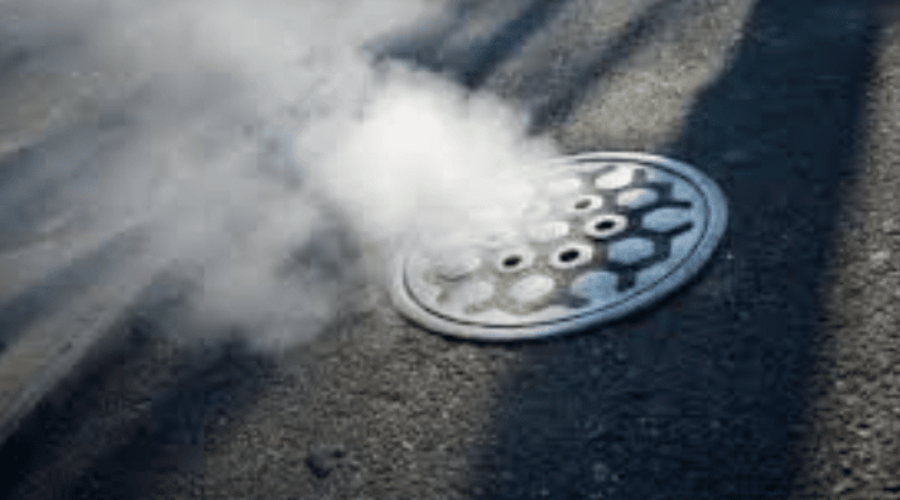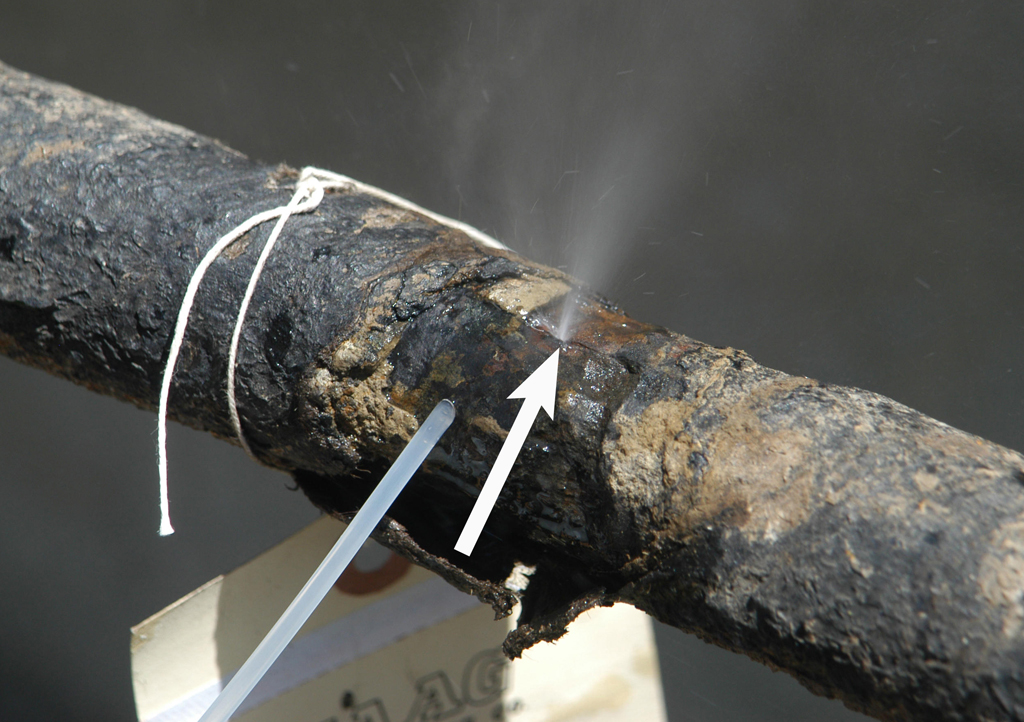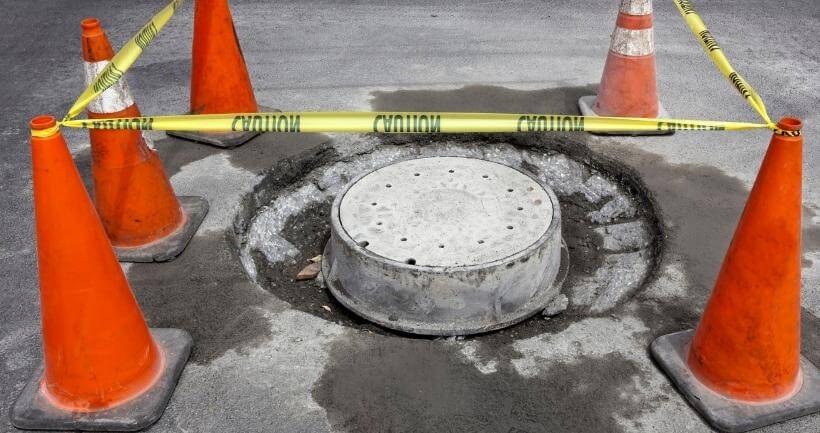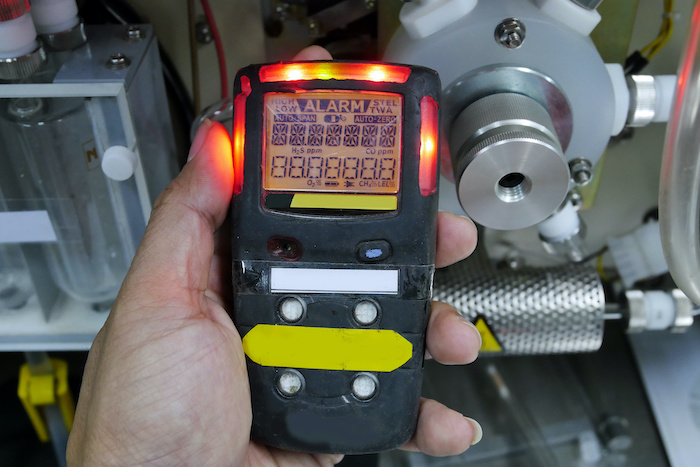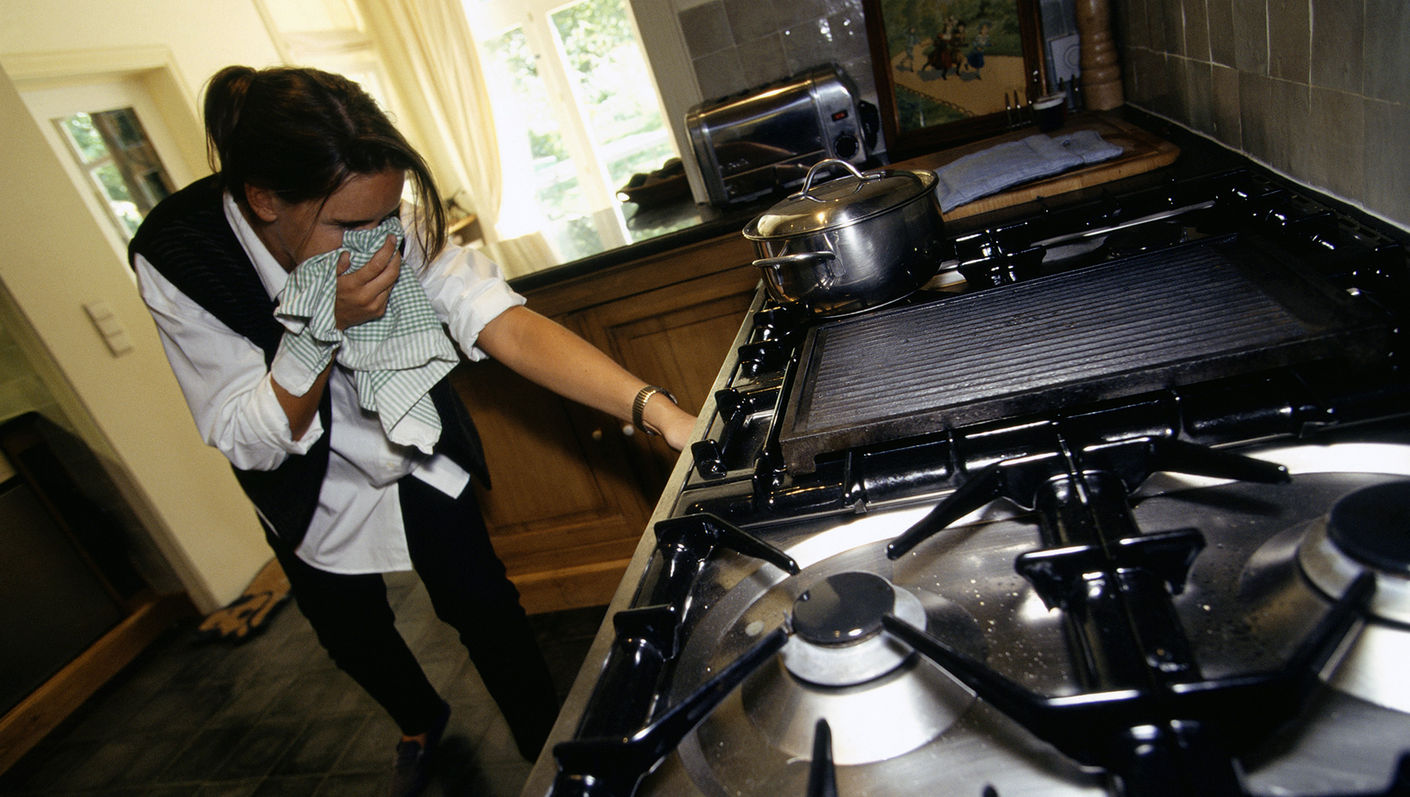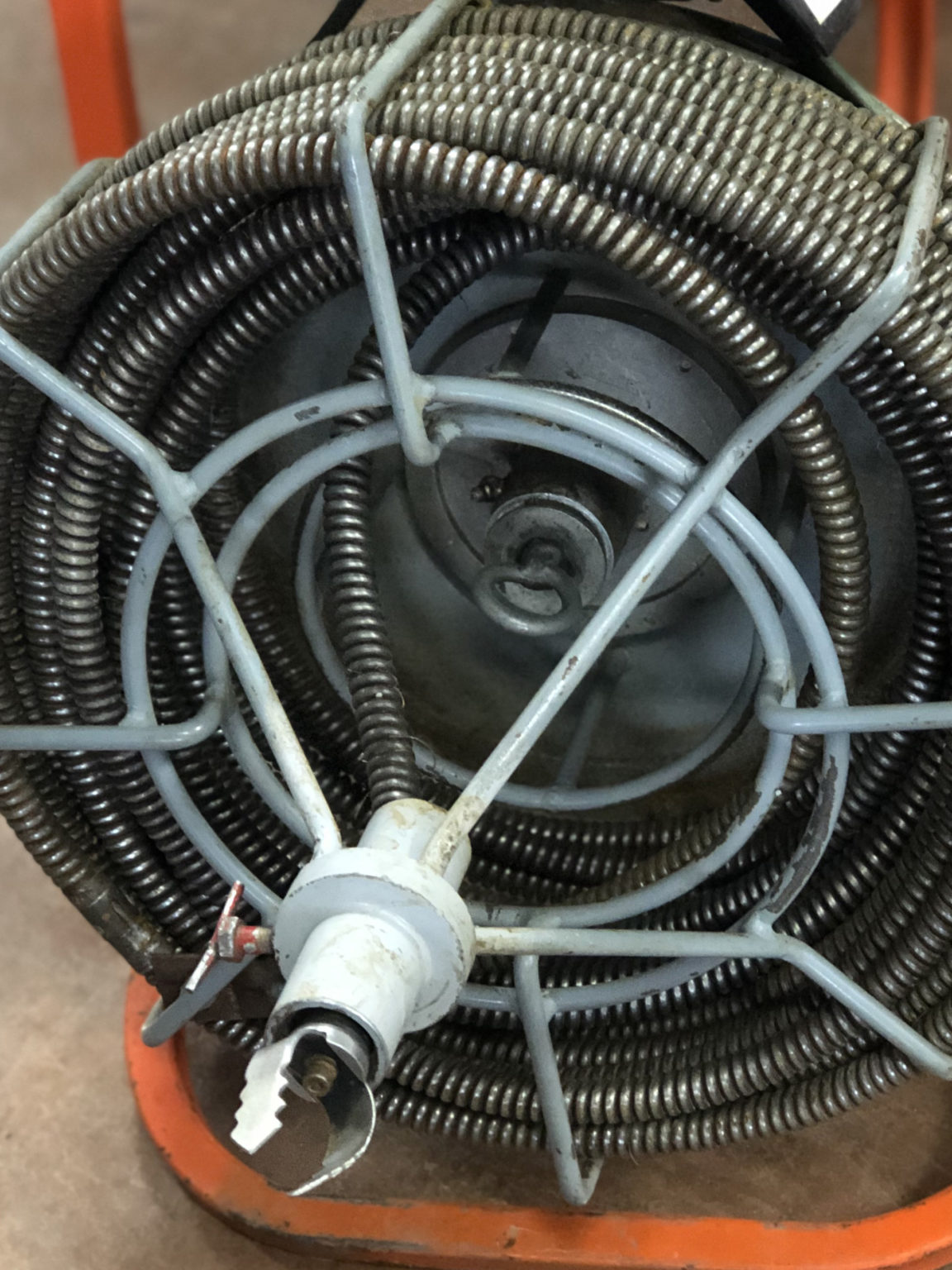If you're dealing with a rotten egg smell in your kitchen sink drain, the first step is to clean it thoroughly. This smell is typically caused by a buildup of bacteria and organic matter, so cleaning the drain can help eliminate the source of the odor. To clean the drain, you can use a mixture of hot water and dish soap. Pour the mixture down the drain and let it sit for a few minutes before rinsing it out with hot water. You can also use a drain brush to scrub away any stubborn grime. Cleaning the drain regularly can help prevent future odor issues and keep your sink smelling fresh.1. Clean the Sink Drain
Baking soda and vinegar are natural cleaning agents that can help eliminate odors in your kitchen sink drain. The combination of these two ingredients creates a foaming reaction that can break down and remove any buildup that may be causing the smell. To use this method, start by pouring a pot of hot water down the drain. Then, add half a cup of baking soda and let it sit for a few minutes. Next, pour a mixture of one cup of vinegar and one cup of hot water down the drain. Let it sit for another few minutes before rinsing it out with hot water. Repeat this process if necessary until the smell is gone.2. Use Baking Soda and Vinegar
If the smell persists, you may need to use a stronger solution. There are many commercial drain cleaners available on the market that are specifically designed to eliminate odors and unclog drains. When using a commercial drain cleaner, be sure to follow the instructions carefully and take proper safety precautions. These products can contain harsh chemicals, so it's important to use them in a well-ventilated area and avoid contact with your skin.3. Try a Commercial Drain Cleaner
A clogged drain can also contribute to a rotten egg smell in your kitchen sink. If the above methods don't work, it's a good idea to check for any clogs that may be causing the odor. You can use a plunger or a drain snake to try and remove the clog. If you're not comfortable doing this yourself, you can also call a professional plumber to help.4. Check for Clogs
As mentioned, a plunger can be used to try and remove any clogs in your kitchen sink drain. To use a plunger, make sure there is enough water in the sink to cover the rubber part of the plunger. Then, place the plunger over the drain and push down and pull up in a rapid motion. This can help dislodge any clogs that may be causing the odor.5. Use a Plunger
If your kitchen sink has a garbage disposal, it's important to make sure it's functioning properly. A malfunctioning disposal can cause food waste to get stuck and create a foul odor. To check the garbage disposal, turn off the power and use tongs or pliers to remove any debris that may be stuck inside. You can also try running some ice cubes through the disposal to help clean and sharpen the blades.6. Check the Garbage Disposal
The P-trap is the curved pipe under your sink that traps debris and prevents it from entering the sewer system. Over time, this trap can become clogged with food waste and bacteria, leading to a foul smell in your kitchen sink. To clean the P-trap, place a bucket underneath and use a wrench to remove the trap. Empty the contents into the bucket and use a pipe brush or wire to remove any buildup. Once clean, reattach the trap and run hot water down the drain to flush out any remaining debris.7. Clean the P-Trap
In some cases, the rotten egg smell in your kitchen sink drain may actually be sewer gas escaping from a leak in your plumbing system. This gas contains hydrogen sulfide, which has a distinct rotten egg odor. To check for sewer gas leaks, you can use a mixture of dish soap and water to create bubbles and check for any escaping gas. If you suspect a leak, it's best to call a professional plumber for help.8. Check for Sewer Gas Leaks
If all else fails, a drain snake can be a useful tool for getting rid of stubborn clogs in your kitchen sink drain. This long, flexible tool can reach deep into your pipes to remove any debris that may be causing the odor. To use a drain snake, insert it into the drain and twist it while pushing it down the pipe. This can help dislodge and remove any clogs. Be sure to follow the instructions carefully and take safety precautions when using a drain snake.9. Use a Drain Snake
If you've tried all of the above methods and the smell persists, it's best to call a professional plumber. They will have the expertise and tools to properly diagnose and fix the issue. It's important to address a rotten egg smell in your kitchen sink drain as soon as possible, as it can be a sign of a larger plumbing problem. With the help of a professional, you can get your sink smelling fresh and clean again.10. Call a Professional Plumber
Why Is There a Rotten Egg Smell in Your Kitchen Sink Drain?

Understanding the Cause of the Unpleasant Odor
 If you've noticed a foul, rotten egg smell coming from your kitchen sink drain, you're not alone. This unpleasant odor is a common issue that many homeowners face. Not only is it unpleasant, but it can also be a sign of a more serious problem with your home's plumbing system. In order to address the issue and get rid of the smell, it's important to understand the cause.
One of the main reasons for the rotten egg smell in your kitchen sink drain is a buildup of organic matter, such as food particles and grease. Over time, this organic matter can collect and create a breeding ground for bacteria. When these bacteria break down the organic matter, they release hydrogen sulfide gas, which is what creates the distinct rotten egg smell.
Another possible cause of the smell is a blockage in your drain. If there is a clog in your kitchen sink drain, it can lead to stagnant water and a buildup of bacteria, resulting in the unpleasant odor. This can also happen if you have a garbage disposal in your sink. Over time, food particles can get stuck in the disposal and begin to rot, causing the same hydrogen sulfide gas to be released.
If you've noticed a foul, rotten egg smell coming from your kitchen sink drain, you're not alone. This unpleasant odor is a common issue that many homeowners face. Not only is it unpleasant, but it can also be a sign of a more serious problem with your home's plumbing system. In order to address the issue and get rid of the smell, it's important to understand the cause.
One of the main reasons for the rotten egg smell in your kitchen sink drain is a buildup of organic matter, such as food particles and grease. Over time, this organic matter can collect and create a breeding ground for bacteria. When these bacteria break down the organic matter, they release hydrogen sulfide gas, which is what creates the distinct rotten egg smell.
Another possible cause of the smell is a blockage in your drain. If there is a clog in your kitchen sink drain, it can lead to stagnant water and a buildup of bacteria, resulting in the unpleasant odor. This can also happen if you have a garbage disposal in your sink. Over time, food particles can get stuck in the disposal and begin to rot, causing the same hydrogen sulfide gas to be released.
How to Get Rid of the Rotten Egg Smell
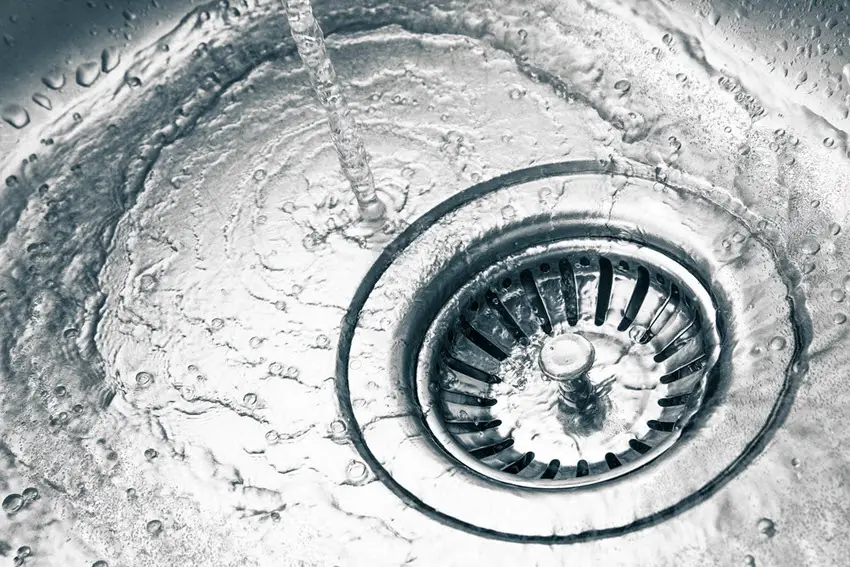 Now that you understand the cause of the smell, you can take steps to get rid of it. The first step is to thoroughly clean your kitchen sink and drain. This means removing any visible buildup of food particles and using a specialized drain cleaner to break down any remaining organic matter.
If the smell persists, it may be a sign of a more serious issue with your plumbing system. In this case, it's best to call a professional plumber to inspect and address the problem. They may need to use specialized tools, such as a plumbing snake, to remove any blockages and eliminate the source of the smell.
Now that you understand the cause of the smell, you can take steps to get rid of it. The first step is to thoroughly clean your kitchen sink and drain. This means removing any visible buildup of food particles and using a specialized drain cleaner to break down any remaining organic matter.
If the smell persists, it may be a sign of a more serious issue with your plumbing system. In this case, it's best to call a professional plumber to inspect and address the problem. They may need to use specialized tools, such as a plumbing snake, to remove any blockages and eliminate the source of the smell.
Preventing the Smell from Coming Back
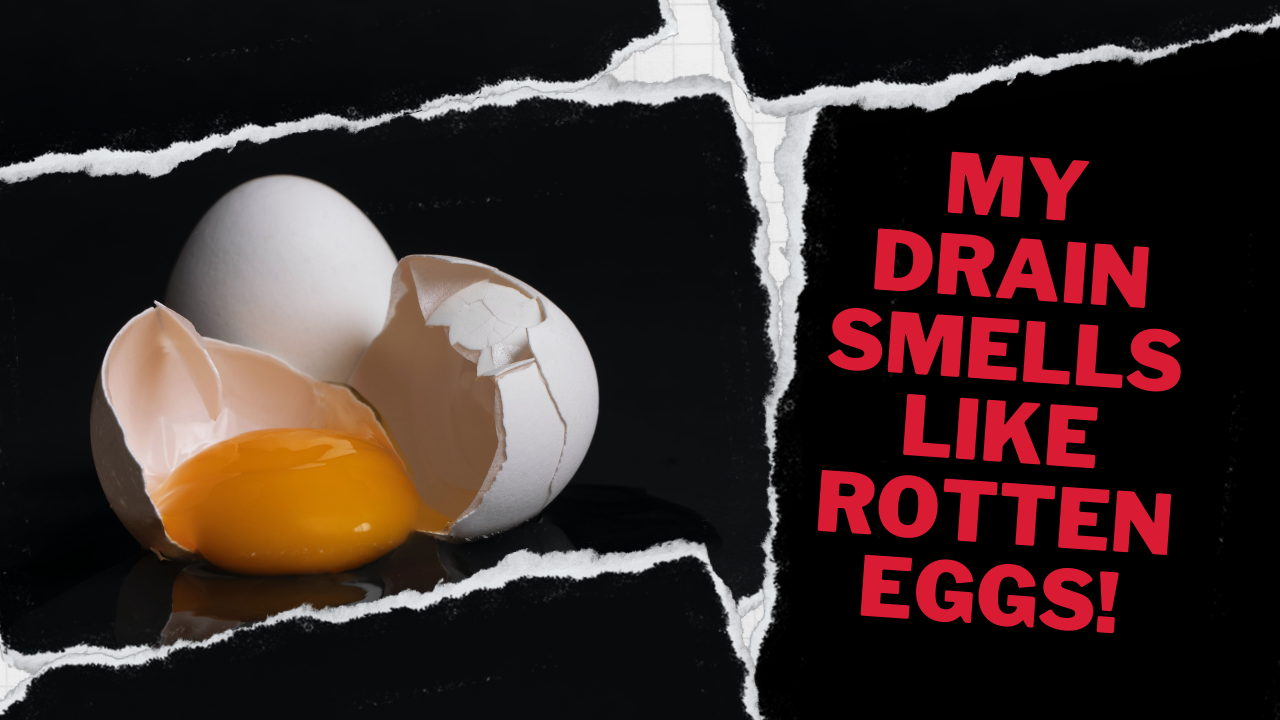 In order to prevent the rotten egg smell from returning, it's important to properly maintain your kitchen sink and drain. This includes regularly cleaning your sink and using a drain guard to catch any food particles before they can enter the drain. It's also a good idea to run hot water down the drain after each use to help flush out any lingering bacteria.
In addition, it's important to avoid pouring harsh chemicals down your drain as they can damage your pipes and disrupt the natural balance of bacteria in your plumbing system. Instead, opt for eco-friendly and natural cleaning solutions.
In order to prevent the rotten egg smell from returning, it's important to properly maintain your kitchen sink and drain. This includes regularly cleaning your sink and using a drain guard to catch any food particles before they can enter the drain. It's also a good idea to run hot water down the drain after each use to help flush out any lingering bacteria.
In addition, it's important to avoid pouring harsh chemicals down your drain as they can damage your pipes and disrupt the natural balance of bacteria in your plumbing system. Instead, opt for eco-friendly and natural cleaning solutions.
Conclusion
 The rotten egg smell in your kitchen sink drain may be unpleasant, but it's a common issue that can be easily addressed. By understanding the cause of the smell and taking preventative measures, you can keep your kitchen smelling fresh and clean. And if the smell persists, don't hesitate to call a professional plumber to properly diagnose and fix the problem.
The rotten egg smell in your kitchen sink drain may be unpleasant, but it's a common issue that can be easily addressed. By understanding the cause of the smell and taking preventative measures, you can keep your kitchen smelling fresh and clean. And if the smell persists, don't hesitate to call a professional plumber to properly diagnose and fix the problem.


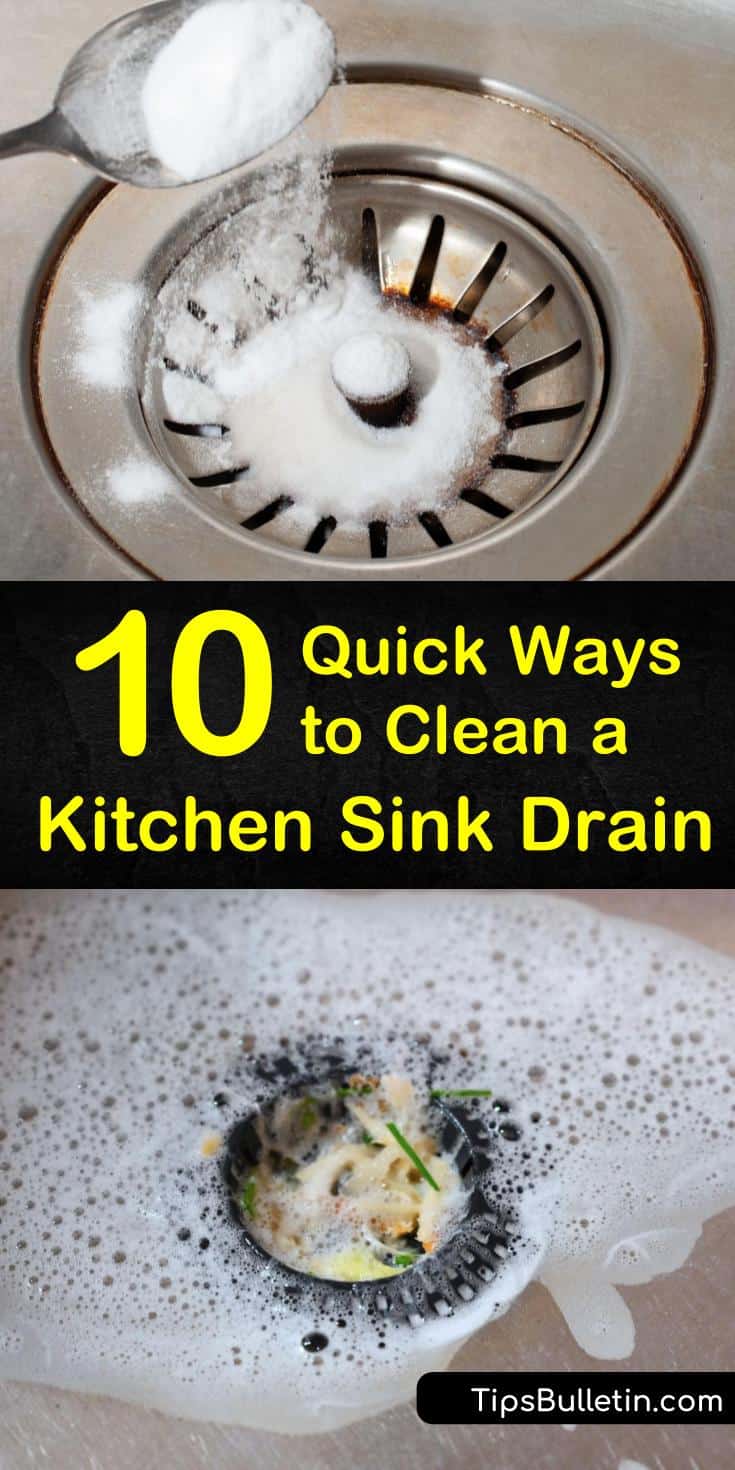
:strip_icc()/how-to-clean-a-bathroom-sink-drain-01-c728294c8bee42428afdf3e69f449279.jpg)

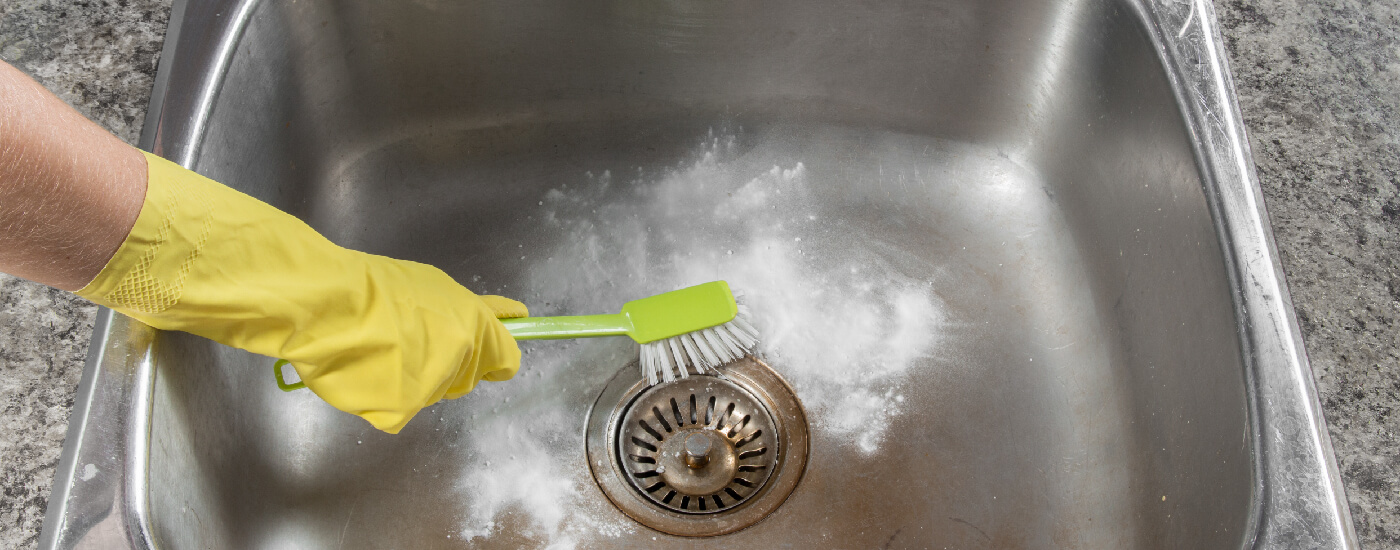
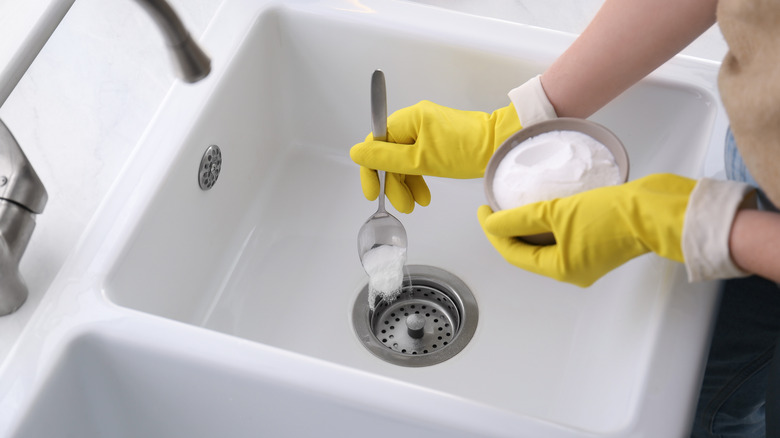
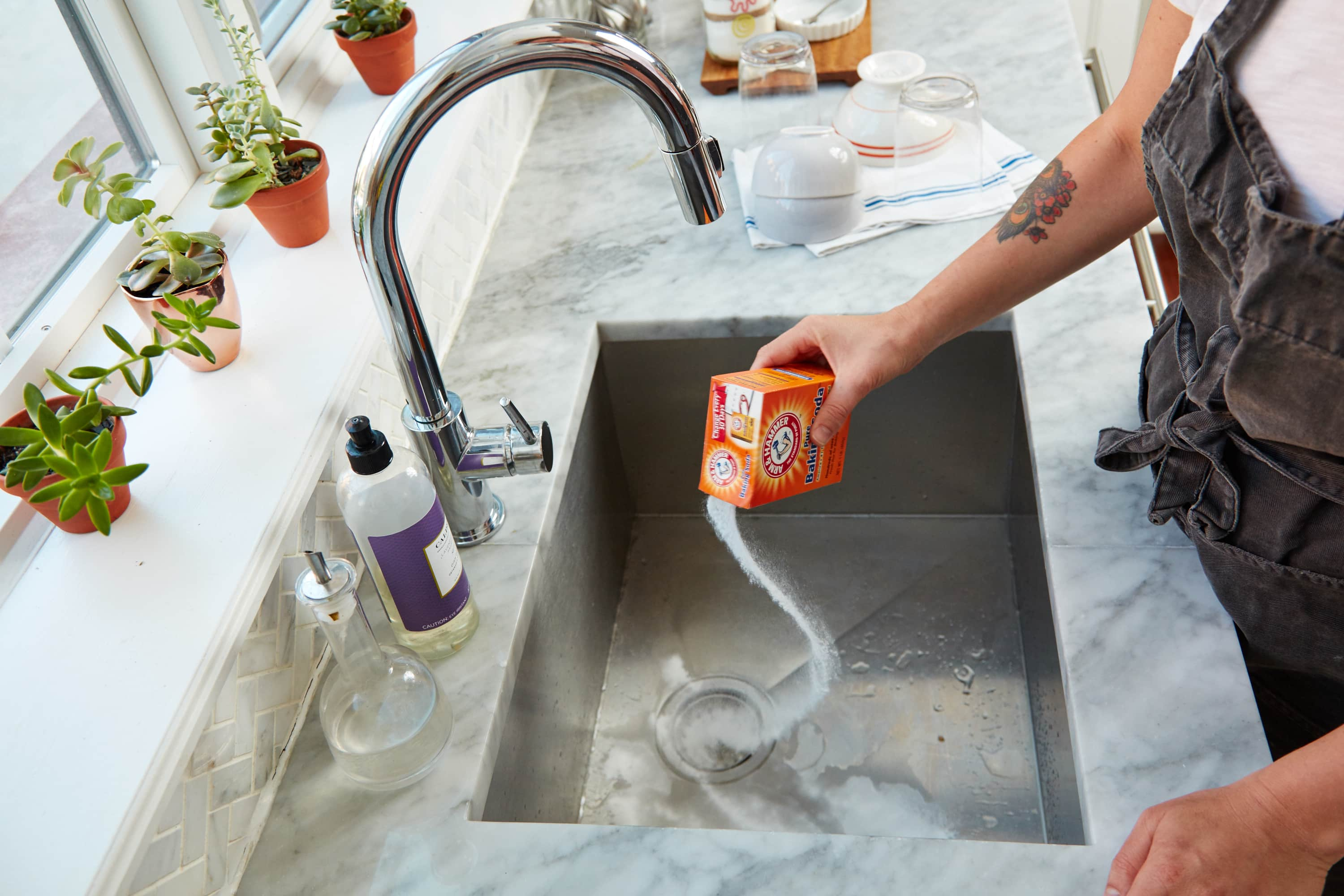

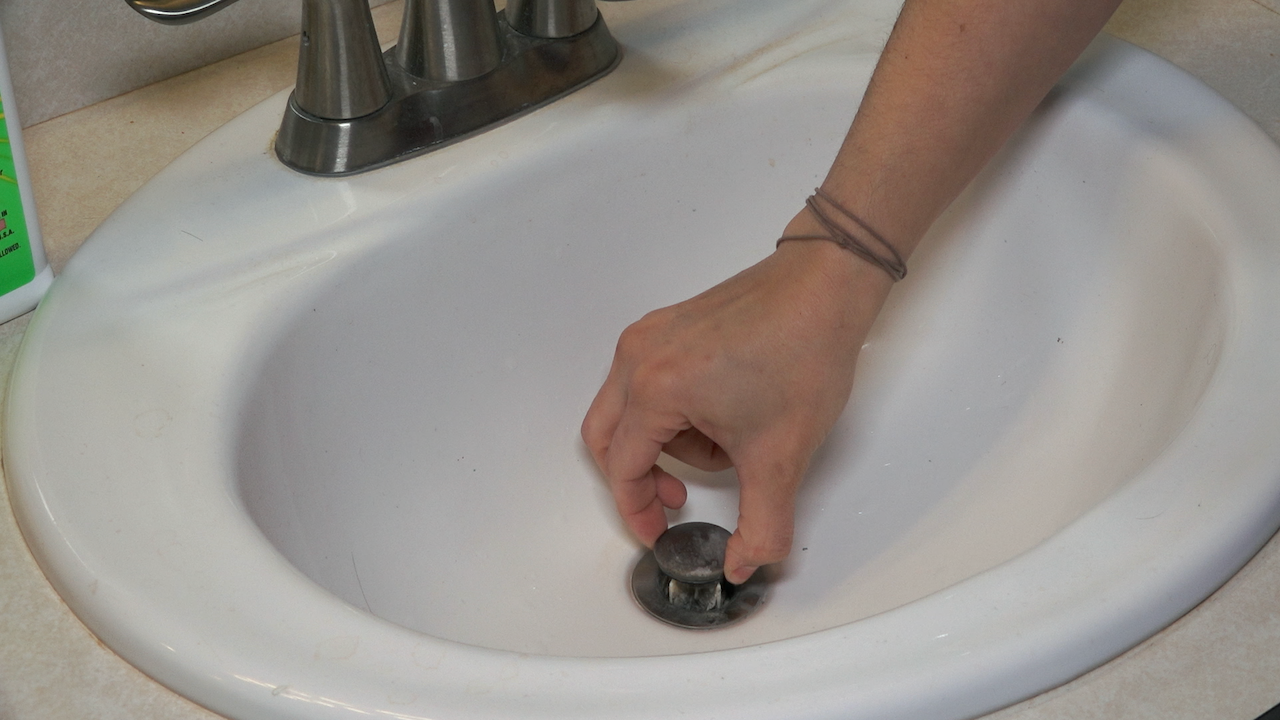
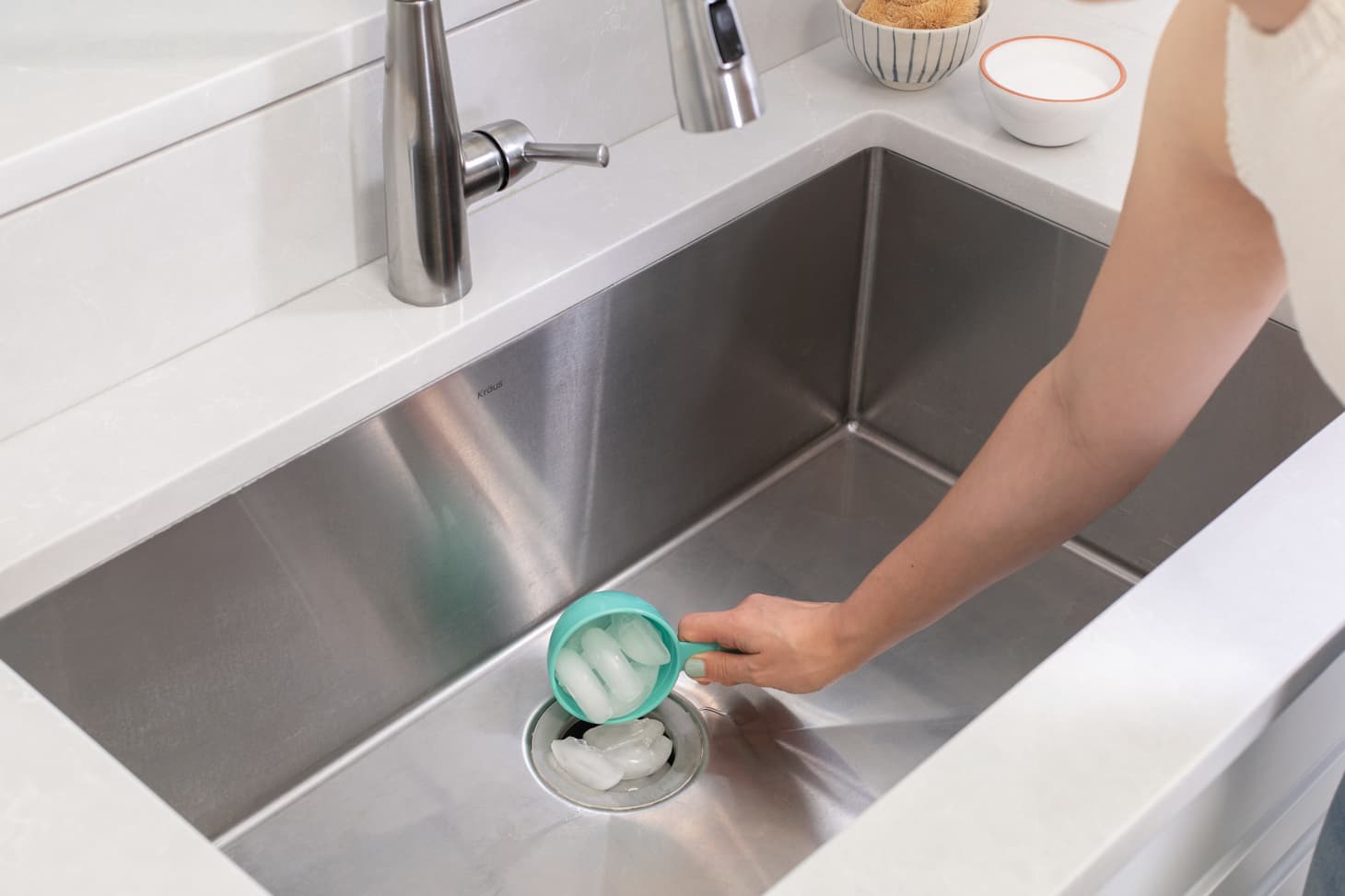
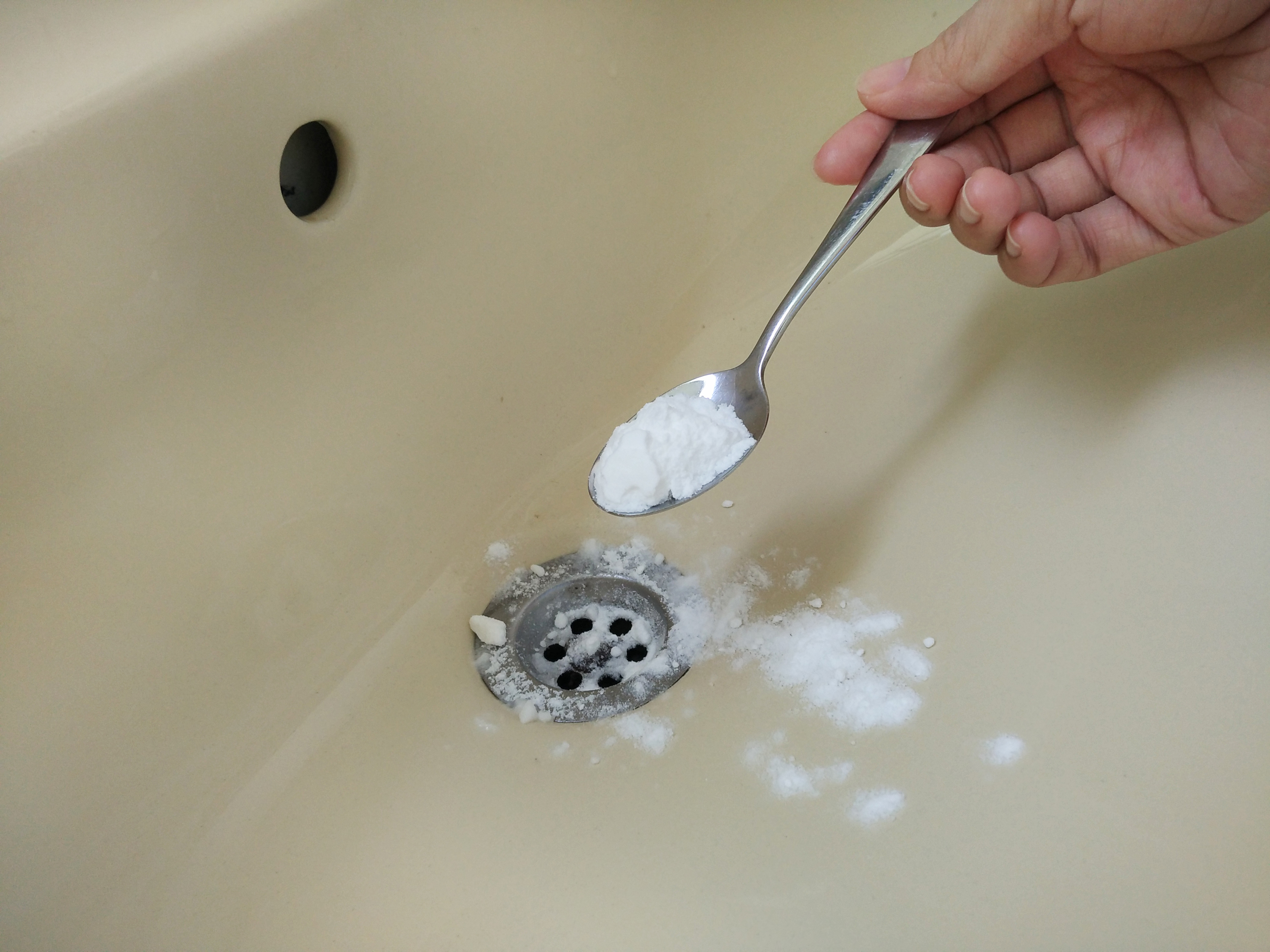


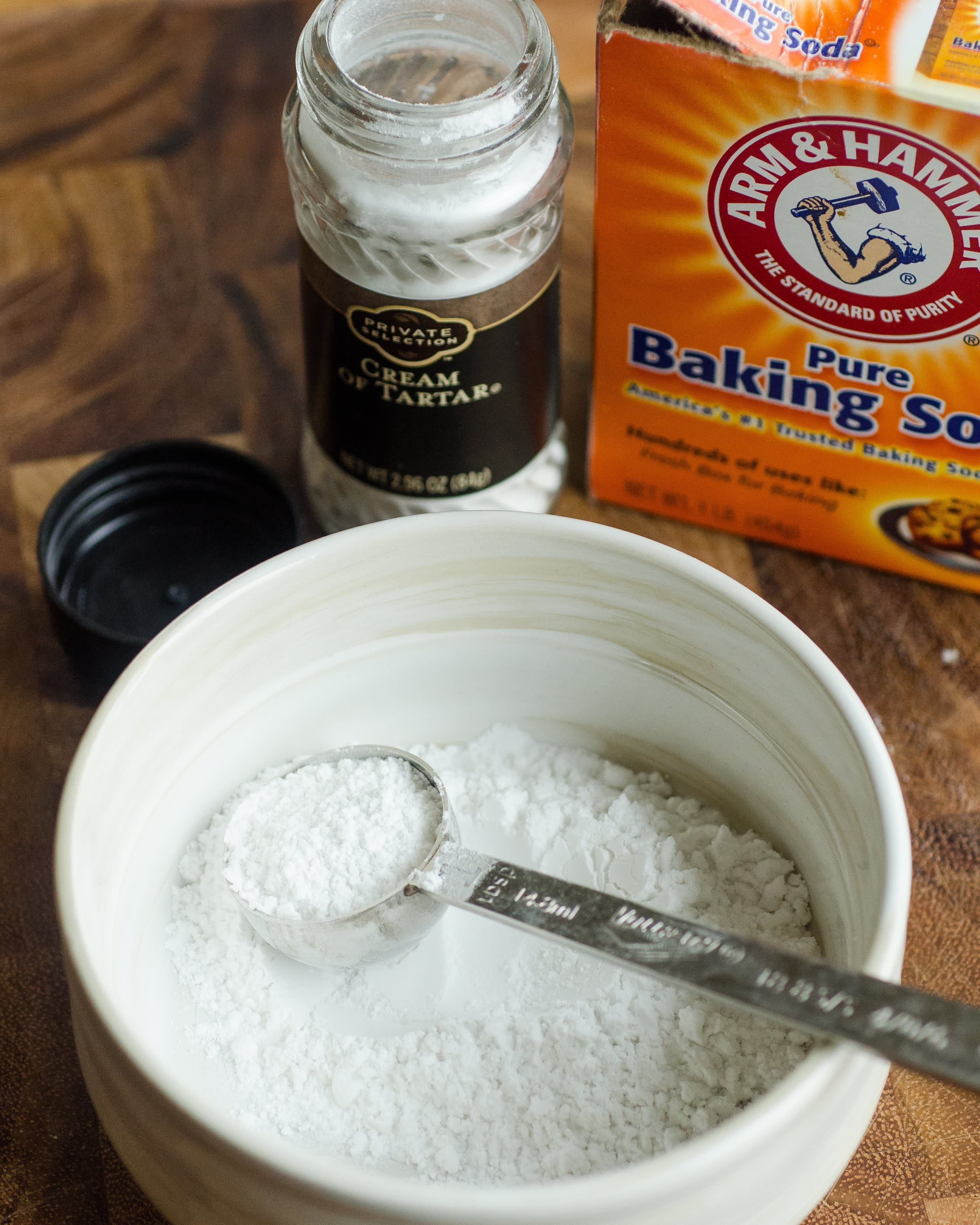


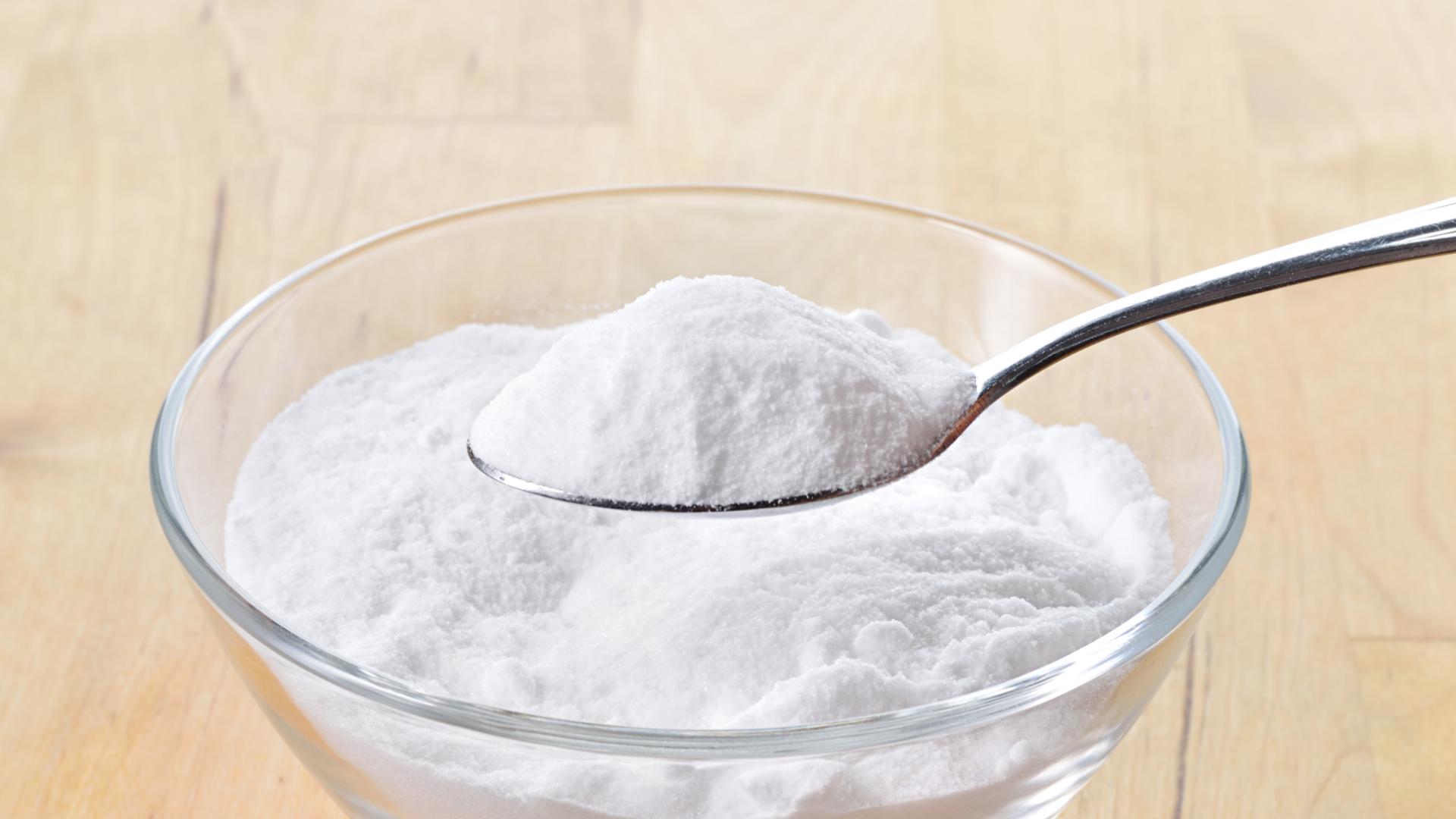
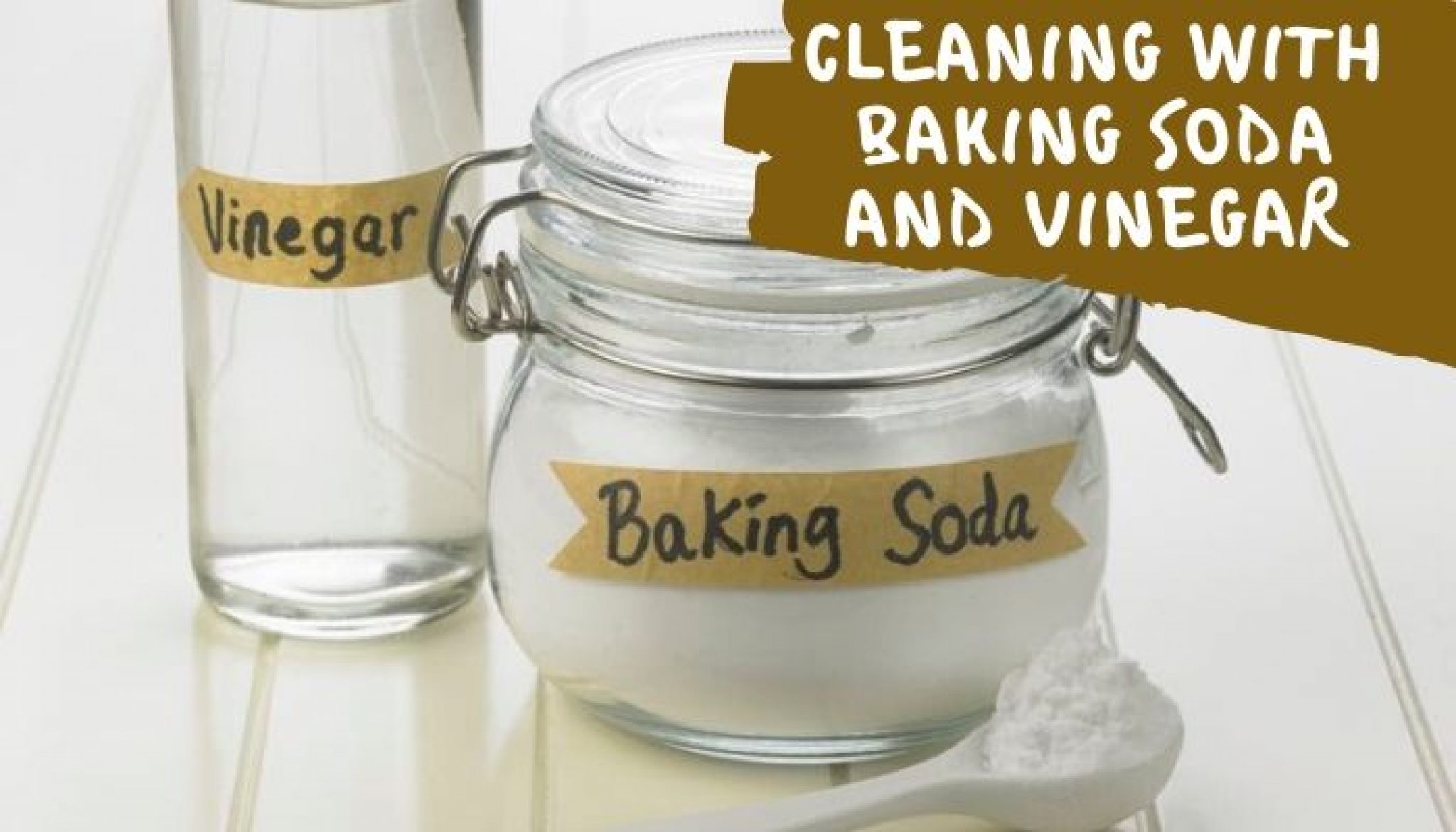








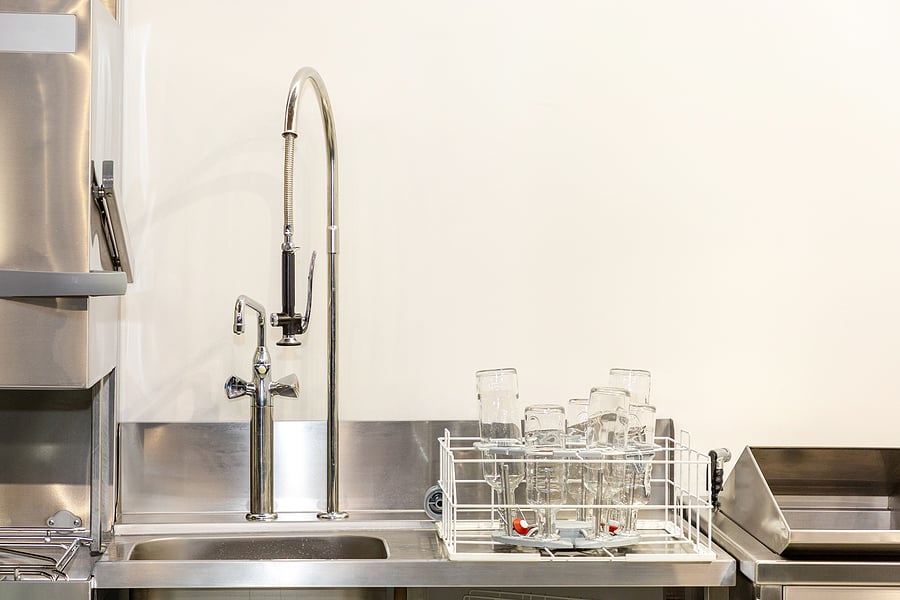















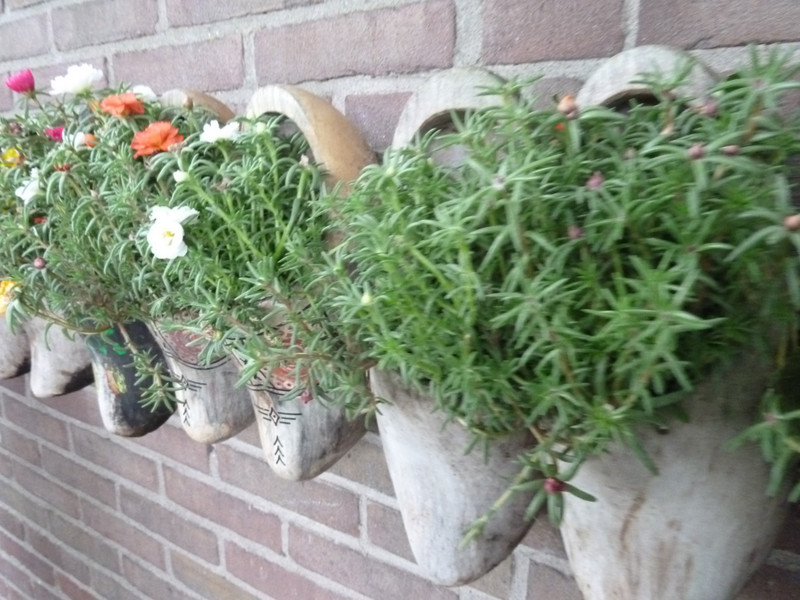







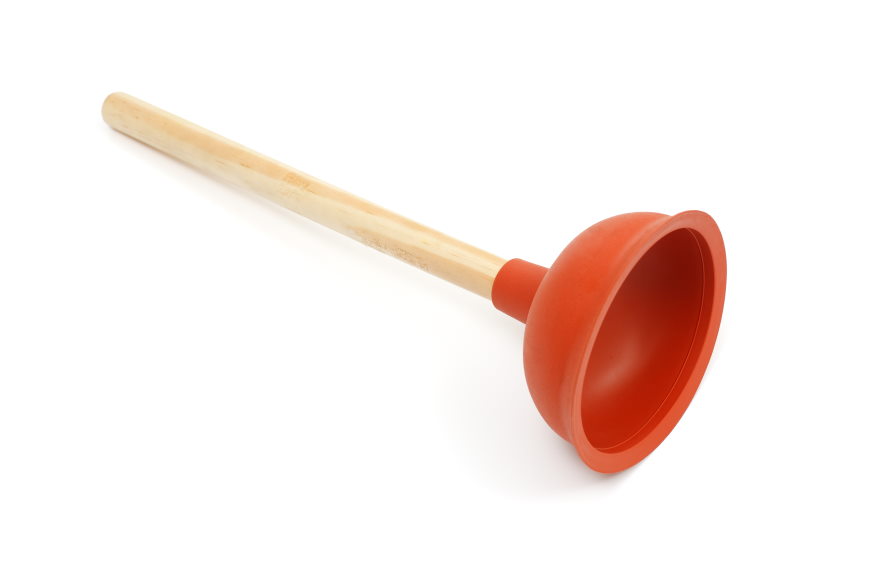

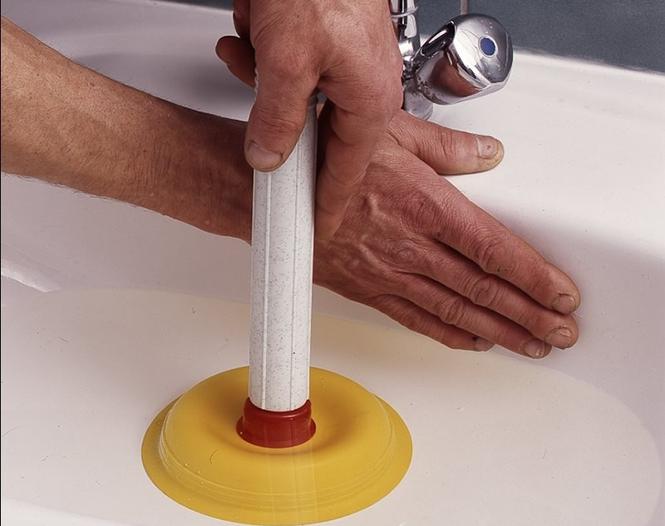




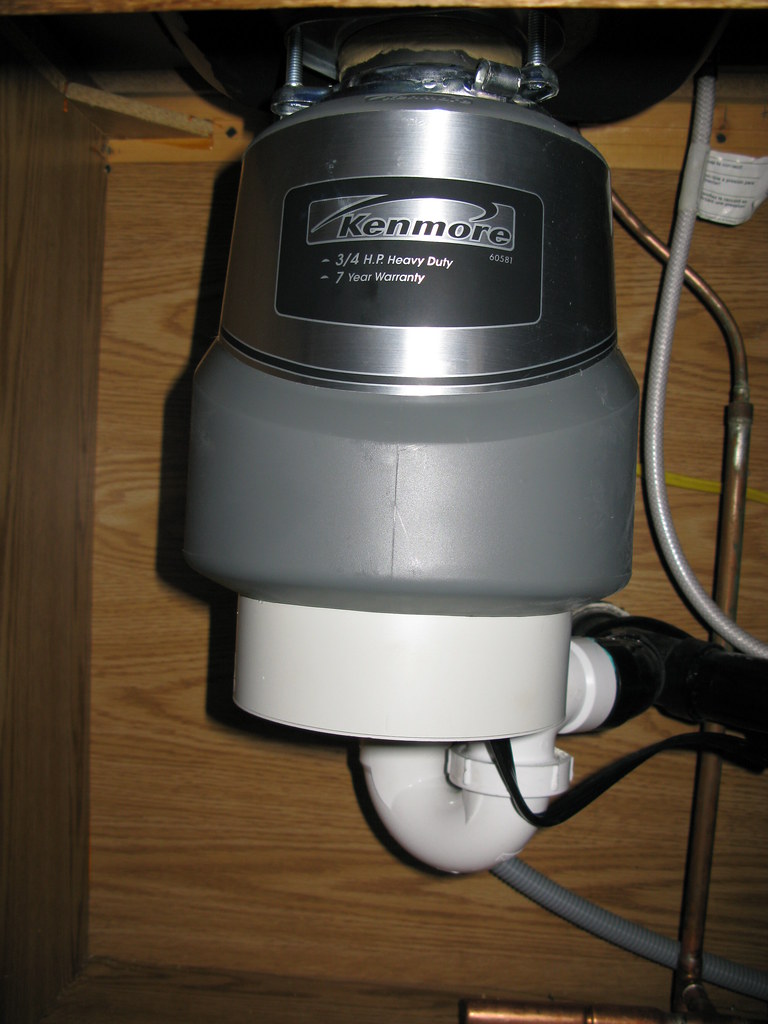


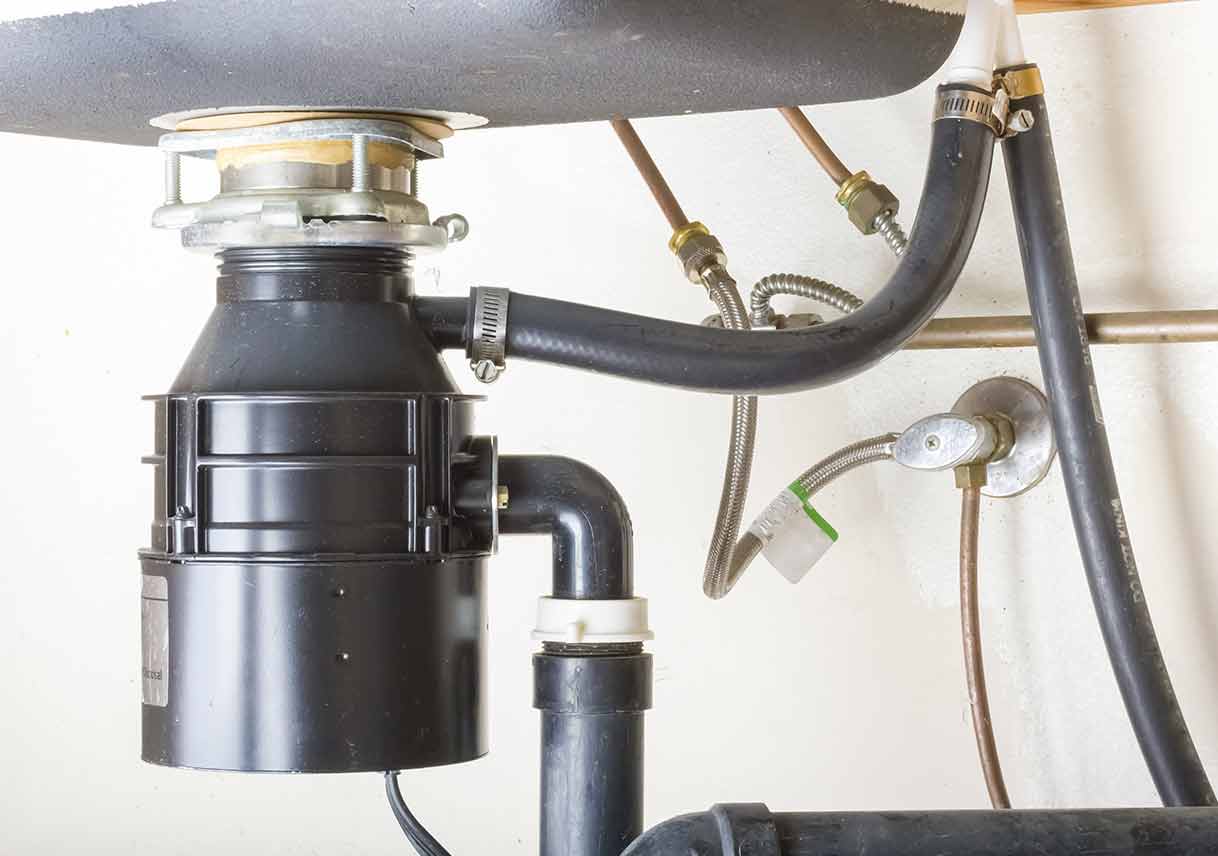

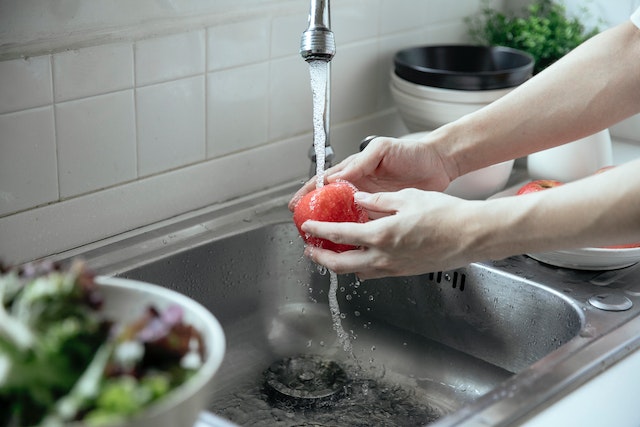



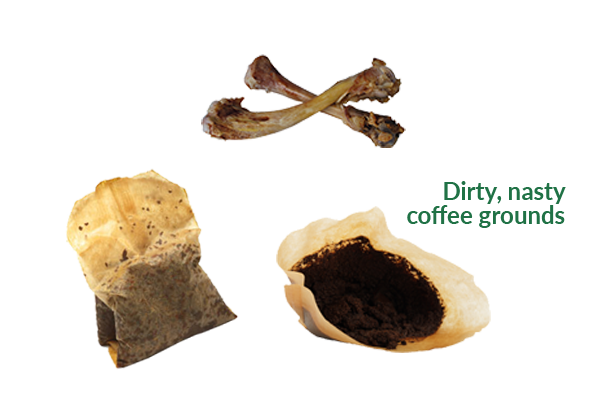
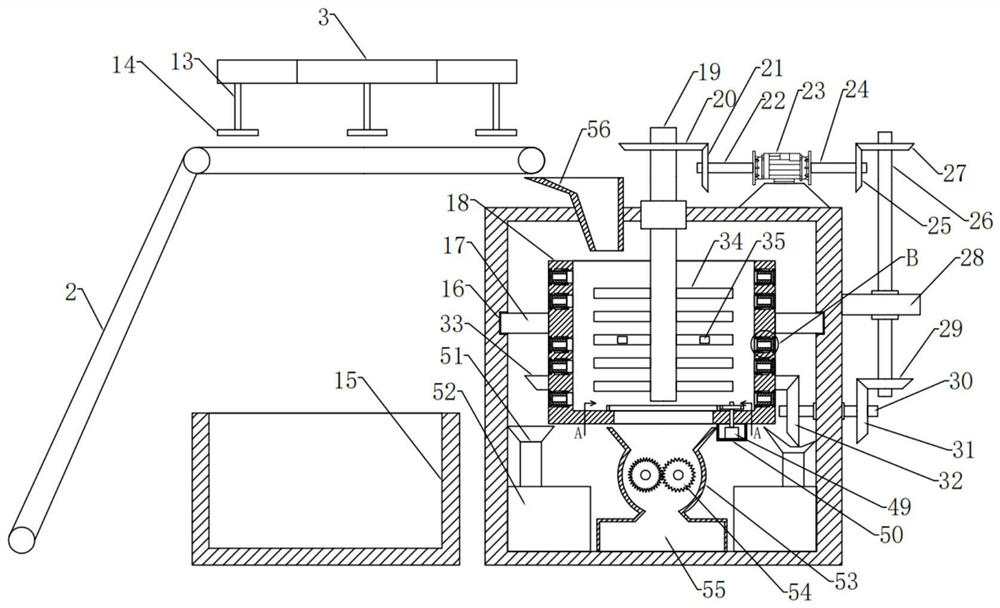







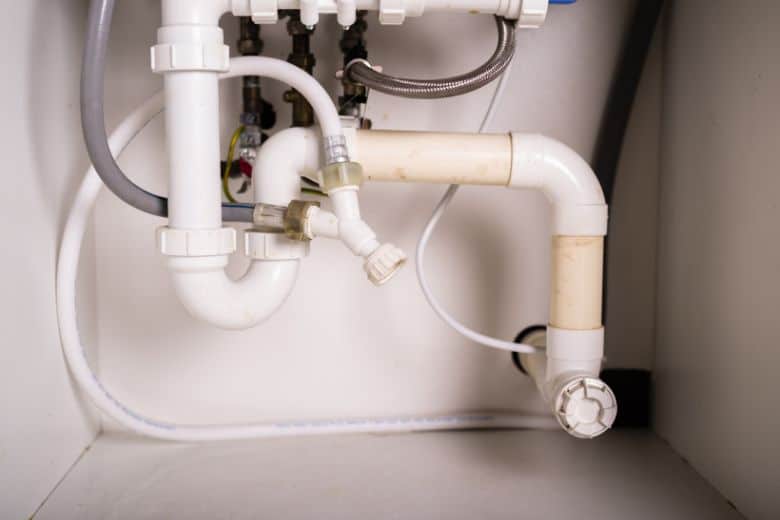
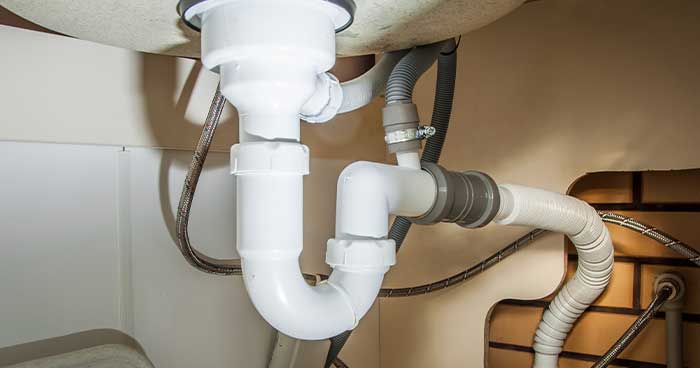

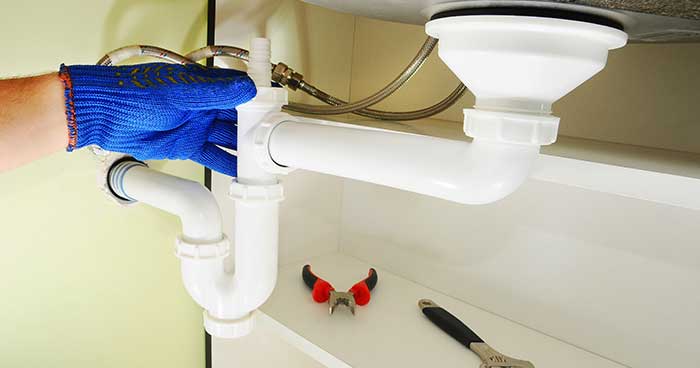

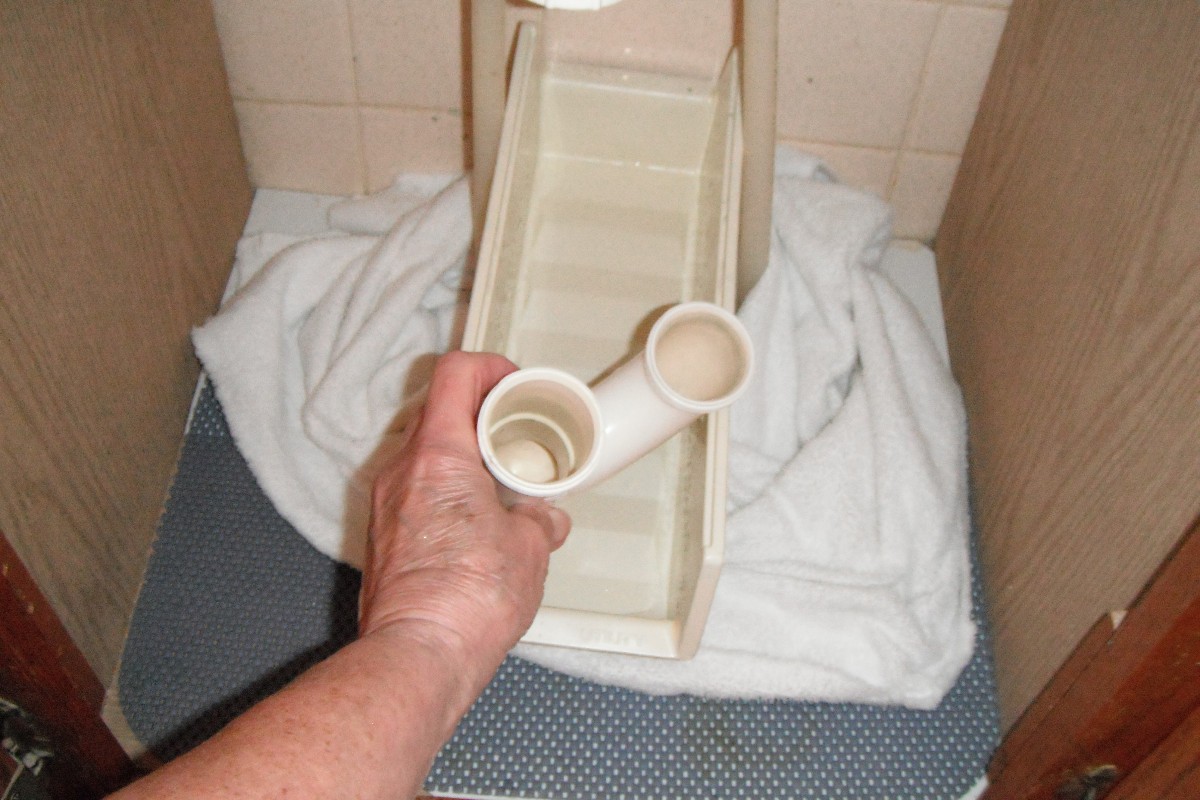

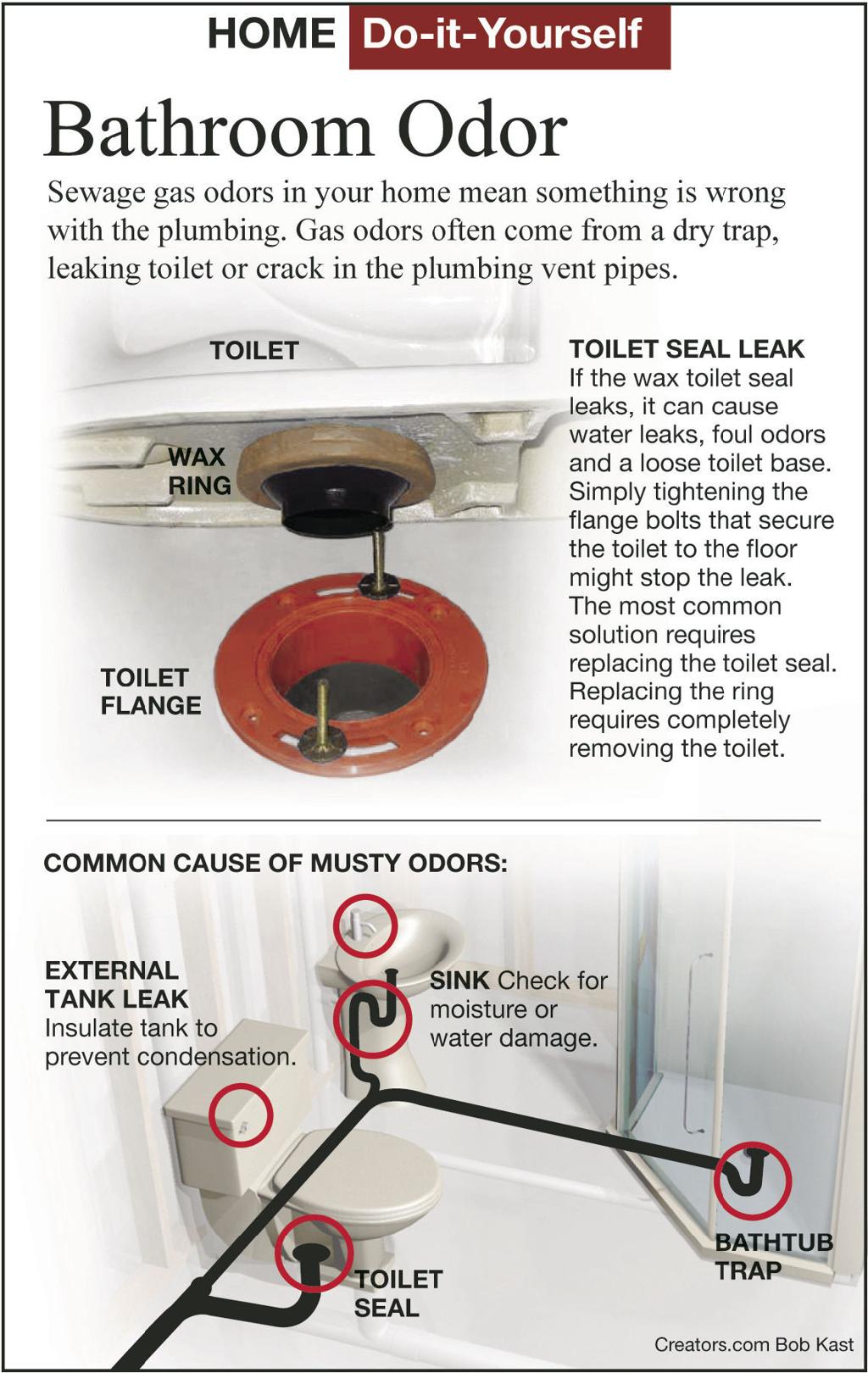
:max_bytes(150000):strip_icc()/TechamorY201PortableMethanePropaneCombustibleNaturalGasLeakSnifferDetector-407f4590df854f56a6da9143bdb130da.jpg)

